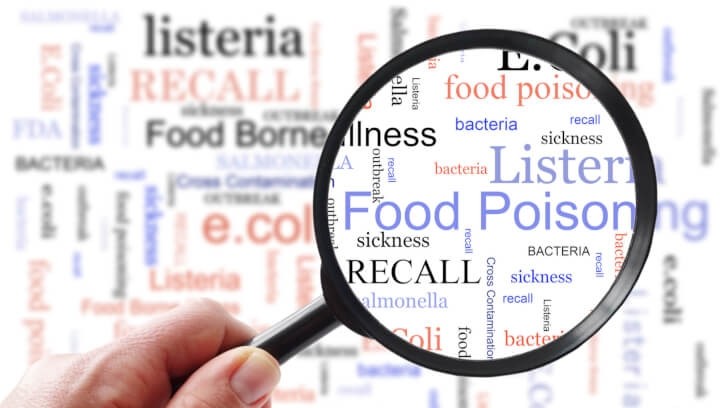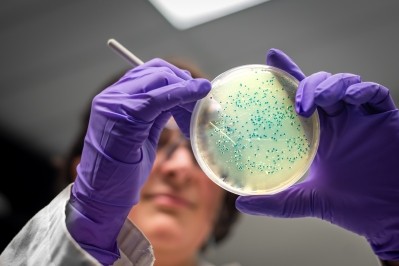News
Global food recalls 2023: How the UK compared

UK recalls
Last year saw the lowest number of UK FSA food recalls since before 2017, according to a report complied by product risk experts, RQA Group.
Recalls and alerts post-pandemic have been steadily trending downwards, with 2023 showing a significant drop of 21% compared to 2022.
Allergen recalls remained the leading cause of FSA alerts, with foreign body then microbiology following second and third. Contamination and allergen are in fact found to have been the cause of more than 90% of UK food recalls in 2023.
In terms of category, confectionery had the highest number of recalls and alerts overall, with prepared dishes, pasta and noodles taking second spot. These two categories account for more than half (51%) of the total FSA numbers reported last year.
Vegan and vegetarian products, meanwhile, made up more than 13% of UK FSA recalls. The authors of the report highlight this as a ‘disproportionately high number for the market share of this specific food sector’, stating that further analysis would be required to cement the data.
‘Never event’ (a recall that can cause serious harm and should be easily prevented) mislabelling historically accounted for over 40% of UK food recalls with a growing trend; however, last year saw a substantial drop in these from 56% to 32%.
US recalls
While the UK saw an improved year, big spikes in recalls and alerts were witnessed across the pond.
Last year saw the highest number of FDA and USDA recalls since 2019.
The FDA figures climbed by 7% between 2022 and 2023, with the number of different food products recalls rising too. There was a 36% increase from 2022 data, according to the report. This means that, on average, more products are involved in single recall events. The same two categories as the UK claimed top spot, but reversed, with the prepared dishes, pasta and noodles segment claiming top spot.
Listeria was said to be the dominating cause, but the report notes the vast majority have come from two large scale events. Allergen recalls were second most common, with 46% of these events (particularly mislabelling) being classed as never events. This is a significant increase on the year prior.
Overall, the US FDA have seen the highest number of never events compared to the other countries captured in the report.
EU recalls
The numbers for EU reports were just as bleak, with RASFF notifications their highest in seven years.
The top category for alerts in 2023 was fruit and veg, closely followed by poultry meats and poultry meat products. These two categories made up 24% of total numbers alone and are reflective of some of the large, commodity-driven recalls which have affected multiple items. In contrast to the US and UK, the prepared dish recalls were much lower, taking 10th place.
Canada recalls
Like the UK, 2023 proved to be a better year for food safety, with the CFIA reporting a 30% drop from 2022.
Microbiology dominated the landscape; with listeria being the most prevalent driver for recalls and alerts. Compared to the other countries highlighted in the report, the CFIA data shows a relatively low number of never events, at 15%.
Australia and New Zealand recalls
Meanwhile, Australia and New Zealand recalls were on the up during the first half of 2023 and anticipated to match 2020 levels (the highest in recent years) as the year concluded. However, the second half of the year proved to be much quieter, resulting in little change between 2022 and 2023.
Like the US and UK, the FSANZ data showed confectionery and prepared dishes, pasta and noodles as the highest-ranking categories for recalls. However, the root cause was slightly different, with labelling errors being mostly responsible.
















